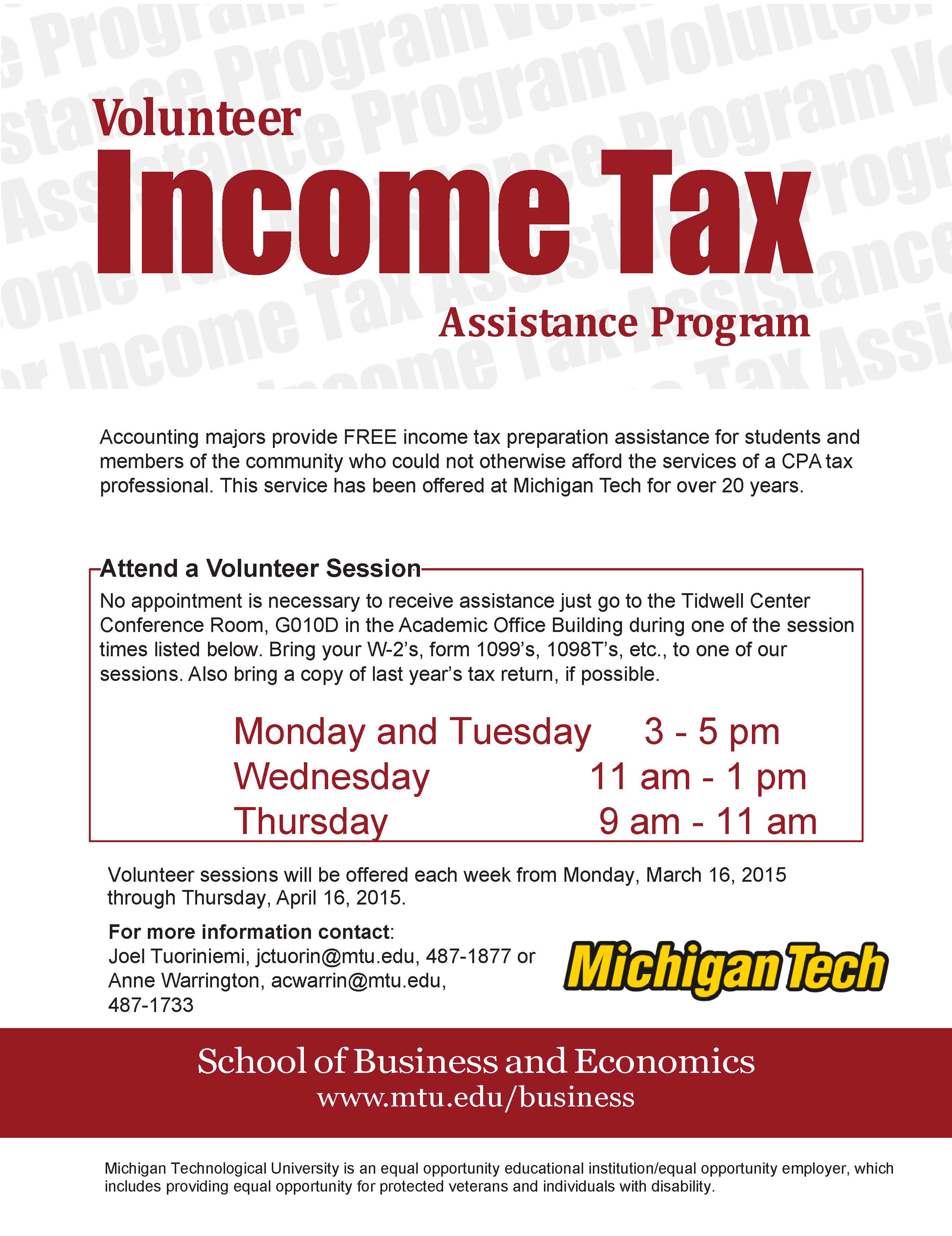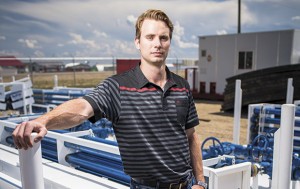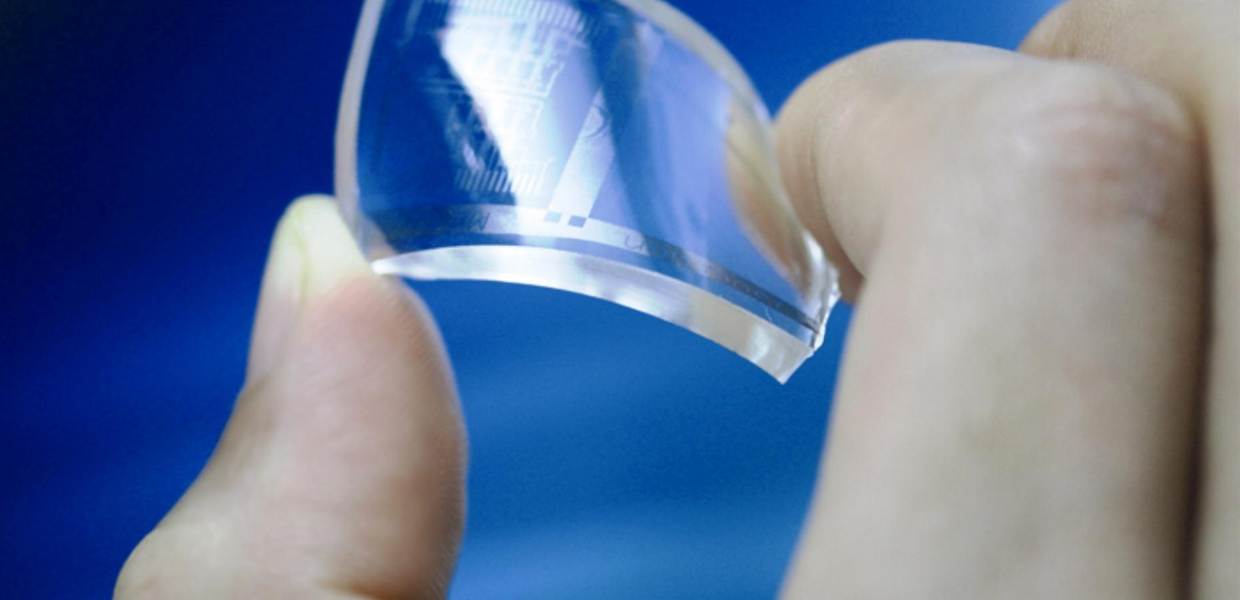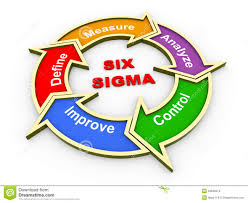Over 300 companies from across the country packed the Student Development Complex at Michigan Tech yesterday for the Career Fair. Students double and triple checked their resumes and were determined to leave a lasting impression for their prospective employers.
Career Services Director Steve Patchin explained how the state of the economy impacts the job market.
Students lined up in front of booths and answered questions about career achievements and previous experience. MTU students have a great reputation as evident by the over 90% job placement rate for those graduating from Tech, along with payscale.com ranking Michigan Tech graduates in the top ten amongst the highest salaries in the country.
“I call them “well prepared and job ready”,” John Dau from DTE Energy said. “The university does an awesome job with the students to get them prepared, not only for internships and co–ops, but extremely well prepared for the working world once they come out of the university, ready to work full time.”
Amazon.com made its first appearance ever at the career fair, and are looking for specific skills that they are sure to find here today.
“We look a lot for algorithms, data structures, design patterns…so Amazon is all about big data and machine learning. And lots of large scale, high computational systems, with hundreds of thousands of transactions per second. So having software engineers and developers that are really strong in the fundamentals is core,” Garret Gaw from Amazon said.
What goes into preparing for attending a career fair?
“I generally prepare by highlighting my top companies and making sure that my resume is all up to date and talking about my strong points. Just coming in, relaxed and confident. It’s nothing more than a mere conversation and if you go in with a friendly smile and a good attitude, then good things happen,” senior mechanical engineering major Brent Cousino said.
It is a bit of a nerve-racking experience but many of them know just how invaluable this experience is.
“I think they help tremendously. I never would have even considered half of these companies. I hadn’t heard of half of these companies before today and now three of them that I’ve never even talked to or even considered working for, I have interviews with and I might work there in the future. And to me, it blows my mind,” senior computer engineering major Tanner Howell said.
At the end of the day, many of these students walked in with the hope of speaking to someone important and walked out with handful of great opportunities.
And it’s all thanks to Michigan Tech and its reputation as a great place to hire employees.








